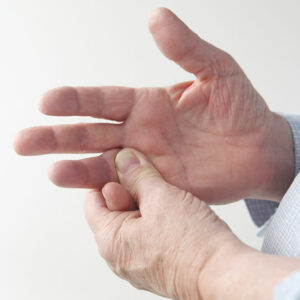Managing heartburn – 5 triggering foods to avoid

Heartburn is a common discomfort that many people experience at some point. It occurs when the acid in the stomach flows into the esophagus, leading to a burning sensation in the upper body or chest. This may worsen after eating and while lying down or bending over. Heartburn can mostly be managed by making certain lifestyle changes, including avoiding triggering foods. Keep reading to know about which foods to avoid that can trigger heartburn.
Chilli Peppers
Chilli peppers, known for their spicy kick and vibrant flavor, are a problem when it comes to heartburn. They contain capsaicin, a compound responsible for the fiery sensation in the mouth. Capsaicin also relaxes the lower esophageal sphincter (LES), which is a muscular ring that separates the stomach from the esophagus. When the LES is relaxed, it allows stomach acid to flow back up into the esophagus, resulting in heartburn. To minimize the risk of heartburn, individuals prone to this condition must consider milder alternatives.
Sausages
Sausages can trigger heartburn due to their fatty content. These foods slow down the emptying of the stomach, leading to increased pressure on the LES. This pressure can force stomach acid into the esophagus, causing heartburn.
Pizza
Pizza, a beloved comfort food, can be a heartburn culprit due to its potential triggers: high-fat content from cheese and pepperoni, acidic tomato sauce, and refined carbohydrates from the crust. All these components can contribute to heartburn in different ways. The fat in cheese and pepperoni can slow down stomach emptying. Further, as mentioned earlier, the refined carbohydrates in the crust can also relax the LES, making it easier for stomach acid to flow back up.
To make pizza less likely to cause heartburn, consider choosing a thin-crust option with fewer fatty toppings and consuming it in moderation.
Potato Chips
These salty and crunchy delights are high in fat and low in fiber, making them a double threat. On one hand, the high-fat content can slow down digestion, increasing the chances of stomach acid refluxing into the esophagus. On the other, the lack of fiber means that potato chips won’t promote efficient digestion and can contribute to heartburn.
Mint
Mint is often considered a soothing remedy for digestive discomfort, but it can actually exacerbate heartburn in some individuals. While mint can relax the muscles of the gastrointestinal tract, offering relief from indigestion, it may also relax the sphincter muscle, allowing stomach acid to flow into the esophagus. If one experiences heartburn after consuming mint, one must consider alternatives like ginger or chamomile tea for digestive relief.
While chili peppers, sausages, pizza, and potato chips, among others, are enjoyed by many, they are foods that one must avoid as they can trigger heartburn. Understanding the mechanisms behind these triggers can help one make informed choices about their food choices. Further, moderation, choosing leaner options, and being mindful of portion sizes are key strategies to enjoy these foods without discomfort.
However, if the issue persists despite the changes to the meal plan, it is essential to visit a healthcare professional for a proper consultation.



